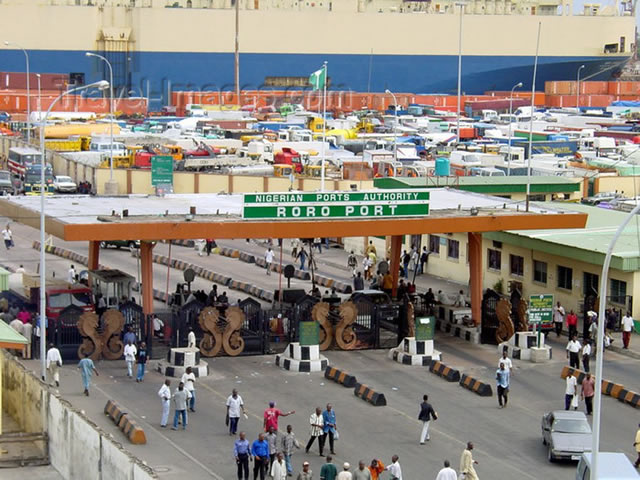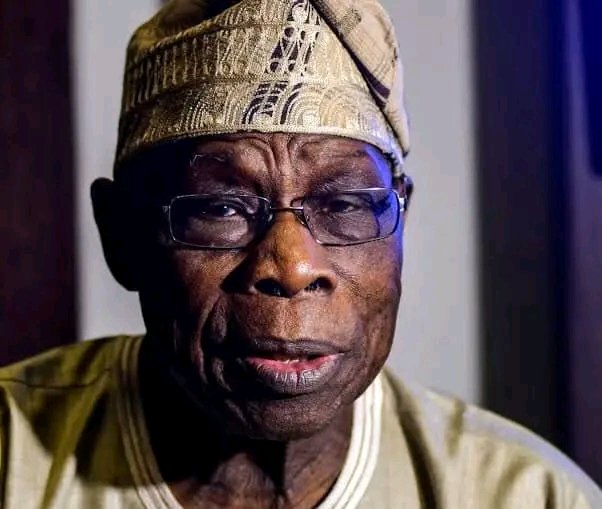The ongoing trade dispute between Nigeria and the United States has taken a new turn, with the US government accusing Nigeria of continuously delaying import permits for American agricultural products, significantly hindering market access. In its 2025 National Trade Estimate Report on Foreign Trade Barriers, the United States Trade Representative (USTR) called out Nigeria for slow approval processes and the weaponization of its customs policies, while also criticizing Nigeria’s tariff system and import bans.
According to the report, the US government has been trying to negotiate import permits for American food and agricultural products since 2019 but has faced continued delays. This issue is said to be exacerbated by Nigeria's weak capacity for inspecting goods, reviewing certificates, and inconsistent implementation of sanitary and phytosanitary measures. Furthermore, the USTR expressed concerns about Nigeria's complex and restrictive import regime, particularly its tariffs on agricultural products, which are significantly higher than other goods.
In response, the Nigeria Customs Service (NCS) rejected the claims made by the USTR, calling the accusation that Nigeria still operates a largely manual system “unfair” and “misinformed.” The NCS, in a statement to The PUNCH, emphasized its strides in automating the clearance process and improving operational efficiency, including the launch of the B’Odogwu Unified Customs Management System, which it claims is one of the most advanced in Africa.
The back-and-forth between the two nations highlights tensions in trade relations, with both sides accusing each other of unfair practices. The USTR also raised concerns about Nigeria’s import bans on 25 categories of products, as well as difficulties faced by US companies accessing government contracts in Nigeria due to lack of transparency.
While Nigeria's customs department insists on its improved operational procedures, the USTR's report calls for reforms in Nigeria's trade practices to ensure fair competition and smoother trade relations.




